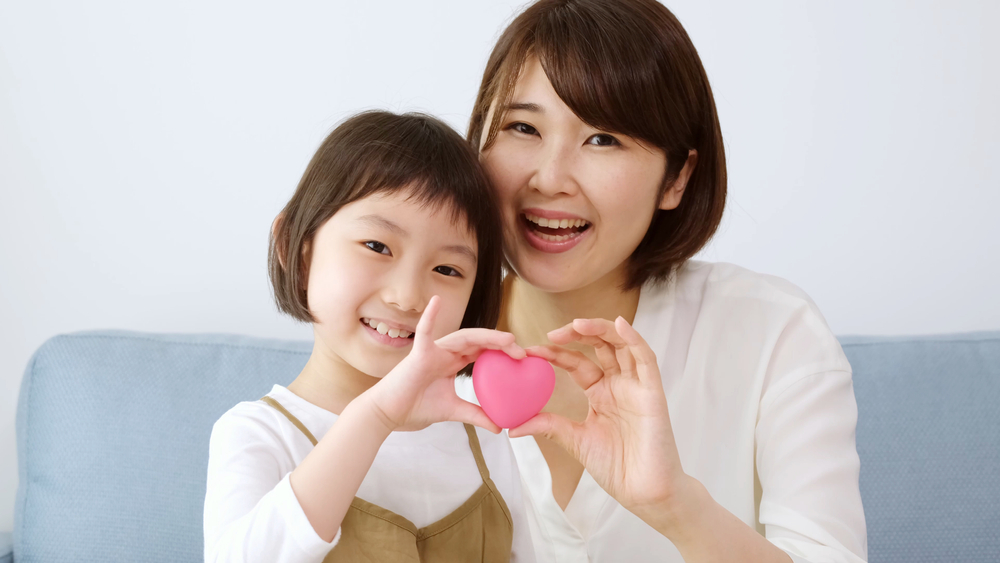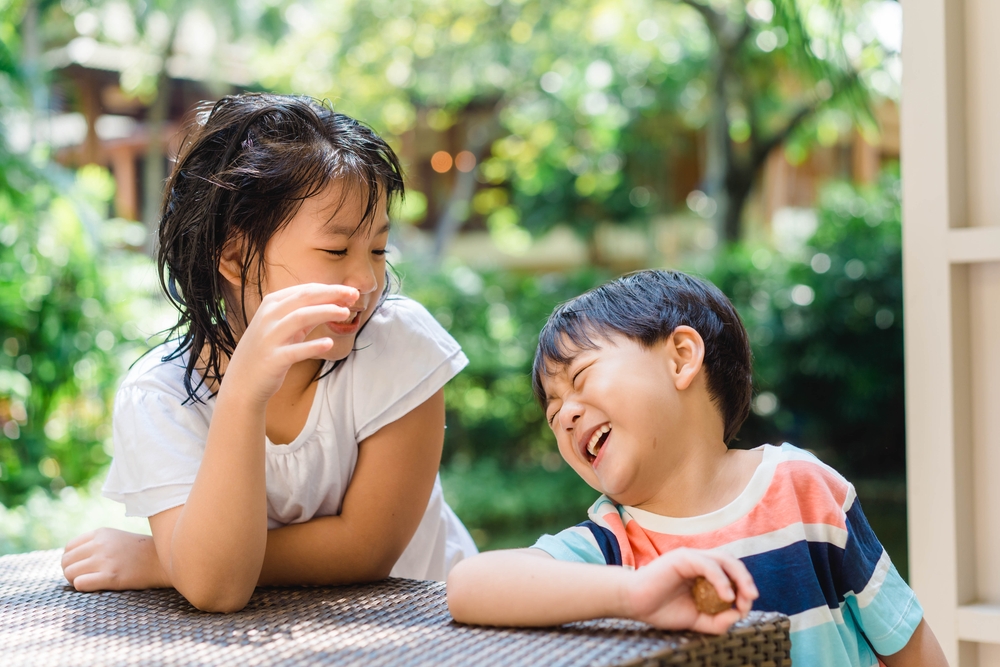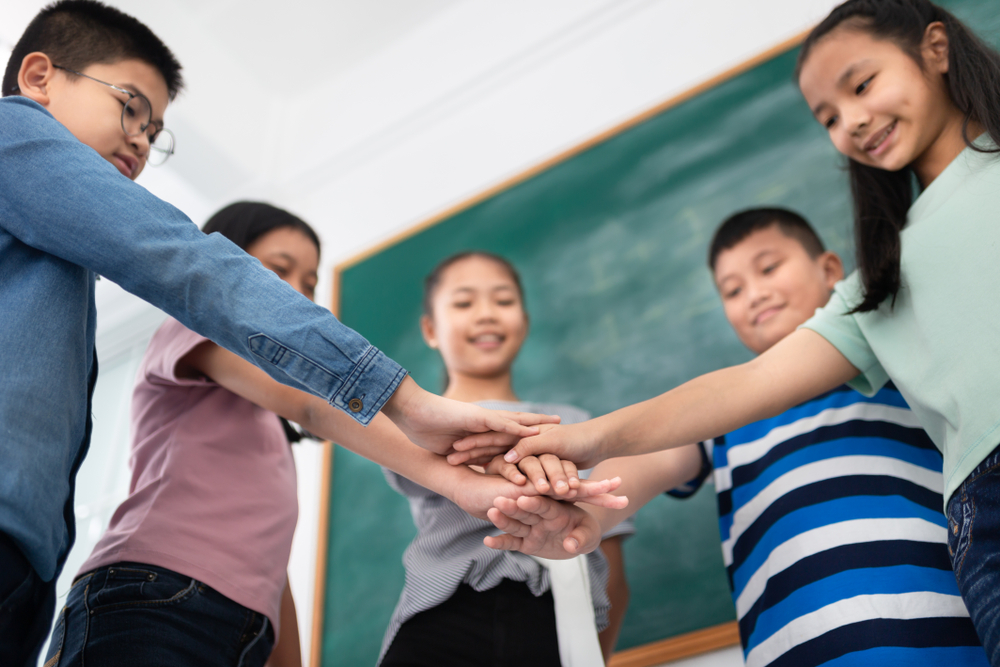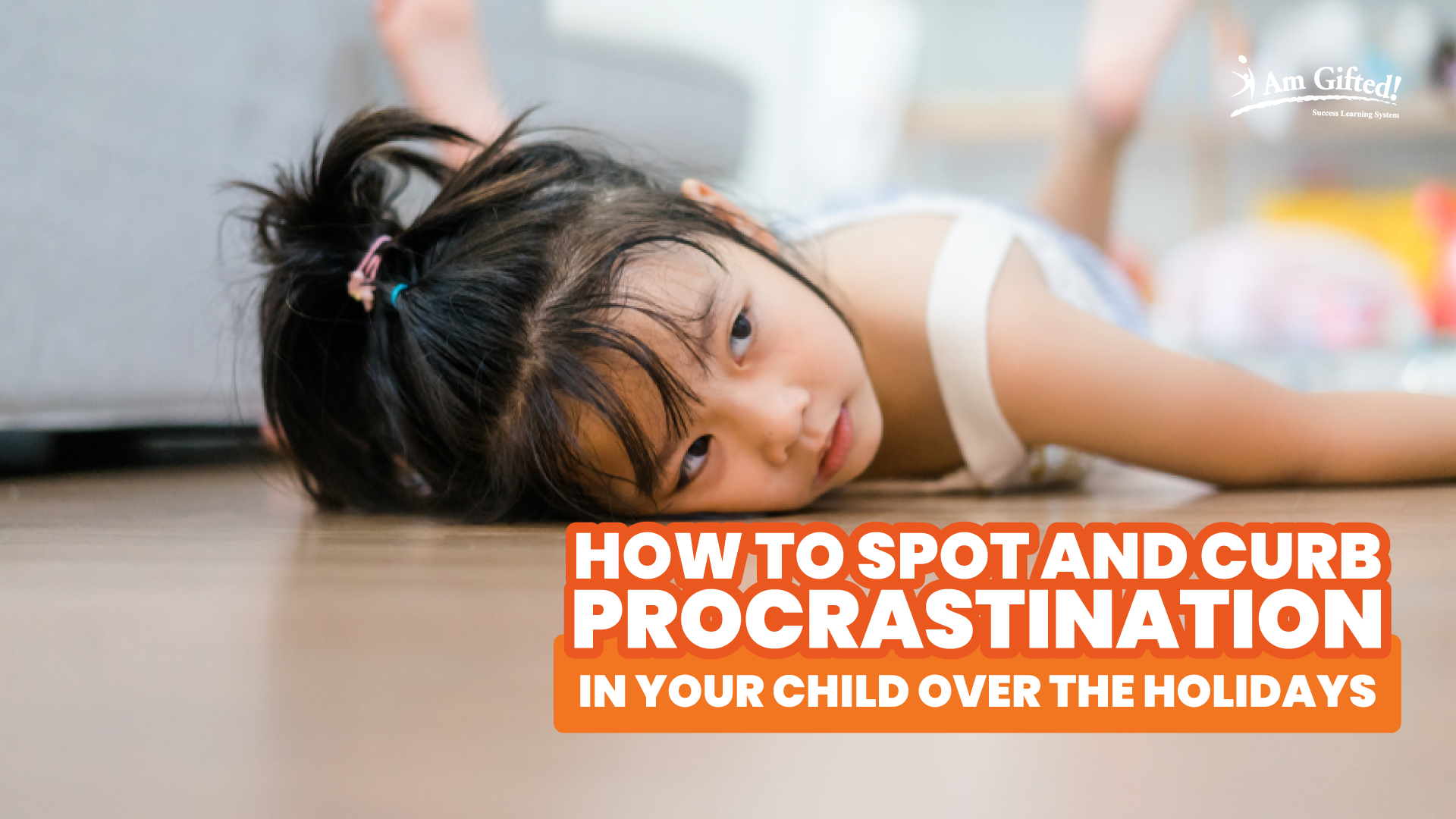What Every Singapore Parent Should Know About MOE’s 21st Century Competencies Framework
In today’s ever-evolving world, preparing our children for exams alone is no longer enough.
With globalisation, shifting demographics, and rapid technological advancement shaping our future, students must be equipped with more than just academic knowledge—they need values, social-emotional skills, and future-ready competencies that empower them to thrive in a fast-changing environment.
That’s why the Ministry of Education (MOE) developed the Framework for 21st Century Competencies and Student Outcomes—a national initiative to ensure every child in Singapore is holistically prepared for life, learning, and work.
As parents, understanding this framework helps us support our children more intentionally at home.
What Is the 21st Century Competencies Framework?
The framework comprises three layers:
1. Core Values
2. Social-Emotional Competencies (SEL)
3. Emerging 21st Century Competencies
Each of these plays a crucial role in helping students become confident individuals, active contributors, and lifelong learners.
Core Values: The Foundation of Character

At the heart of the framework are six shared national values that shape a person’s beliefs, actions, and relationships:
1. Respect
At the heart of the framework are six shared national values that shape a person’s beliefs, actions, and relationships:
2. Responsibility
Fulfilling duties to self, family, community, and nation
3. Resilience
Persevering through adversity with courage and optimism
4. Integrity
Upholding what is right, even when it’s difficult
5. Care
Demonstrating empathy and kindness
6. Harmony
Promoting unity and appreciating diversity
These values guide how students engage with the world and how they contribute to society.
At home, parents can encourage conversations around these values during daily moments—discussing respectful communication, celebrating small acts of responsibility, and praising perseverance during tough situations.
Social-Emotional Competencies (SEL): Building Self and Relationships

Beyond values, SEL helps children understand and manage themselves and their relationships. MOE identifies five key domains:
1. Self-Awareness
2. Self-Management
3. Social Awareness
4. Relationship Management
5. Responsible Decision-Making
These skills are essential for students to develop emotional strength, manage stress, work with others, and make thoughtful choices.
Many enrichment and school-based programmes now include SEL-focused activities such as reflective journaling, team challenges, and group discussions to help students apply these concepts. Even simple practices at home—like goal setting or talking about how they feel after school—can reinforce these skills.
Emerging Competencies: Preparing for a Changing World

To future-proof our children, the final layer of the framework emphasises:
1. Critical, Adaptive & Inventive Thinking
2. Communication, Collaboration & Information Skills
3. Civic, Global & Cross-Cultural Literacy
With the rise of AI, digitalisation, and global connectivity, these skills are increasingly vital. Students must learn to think flexibly, evaluate information critically, and work well with others across cultures.
Schools and programmes are adopting more experiential and inquiry-based learning models to help students build these skills through real-world tasks, group projects, and community involvement.
Parents can support this by encouraging curiosity at home—letting children explore creative solutions, try new things, or reflect on global events through age-appropriate news and books.
Why This Matters for Parents
MOE emphasises that parents are key partners in helping students develop these competencies.
Whether it’s by nurturing values, modeling resilience, or encouraging a love for learning, the home environment plays a powerful role in shaping how students grow.
Many parents also look to holistic enrichment programmes that complement school education and provide practical opportunities to develop these competencies in a structured, yet engaging way.
One such example is the I Am Gifted!™ Programme, which integrates mindset development, communication skills, and future-ready strategies into a hands-on learning experience. It offers students a chance to apply what they learn in school—and go beyond.
Final Thoughts
The 21st Century Competencies Framework is a clear and forward-thinking roadmap for raising future-ready children.
When schools and parents work hand-in-hand to nurture values, grow emotional intelligence, and build future-ready skills, we equip our children with not just knowledge—but character, confidence, and compassion.
Let’s be intentional about raising children who are not only good students, but also good people—ready to navigate life with resilience and purpose.
Learn more about MOE’s Framework for 21st Century Competencies https://www.moe.gov.sg/education-in-sg/21st-century-competencies

If it is possible for others, it’s possible for you.
It is only a matter of strategy.
No matter what strategies you decide on, whether to pick up a relevant self-help book or attend a prestigious school holiday programme, remember that it all begins with your beliefs – how you see yourself and what you say to yourself every day.




